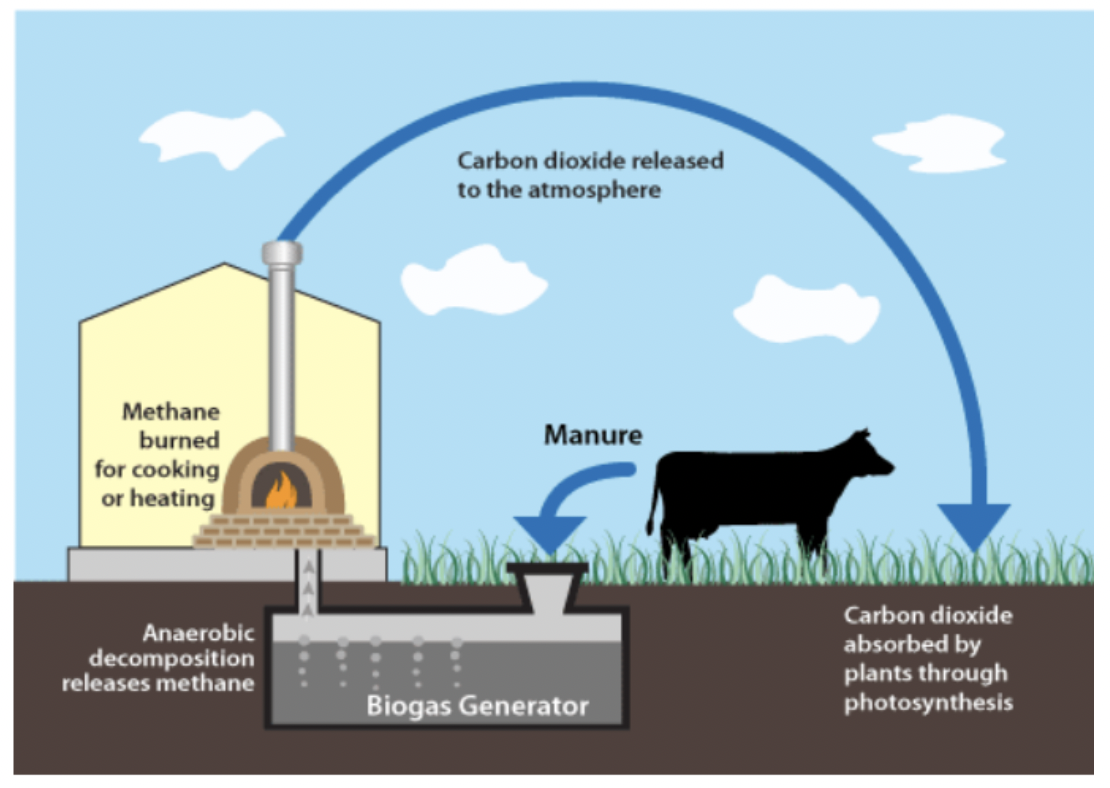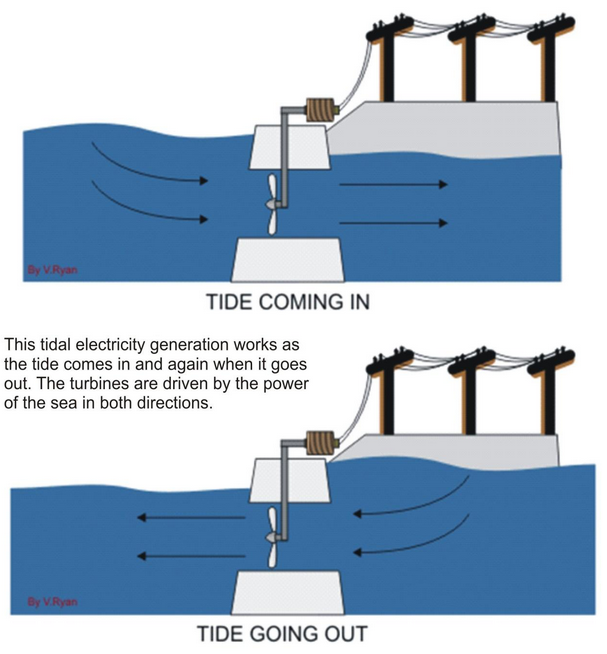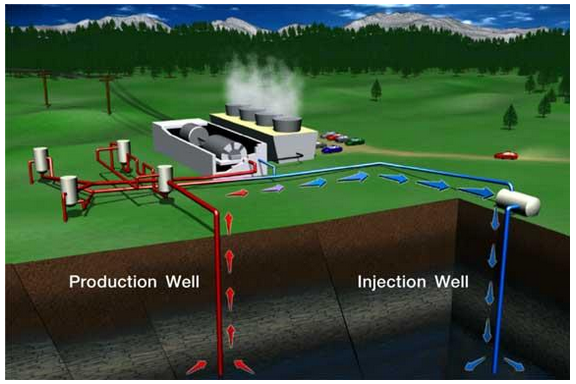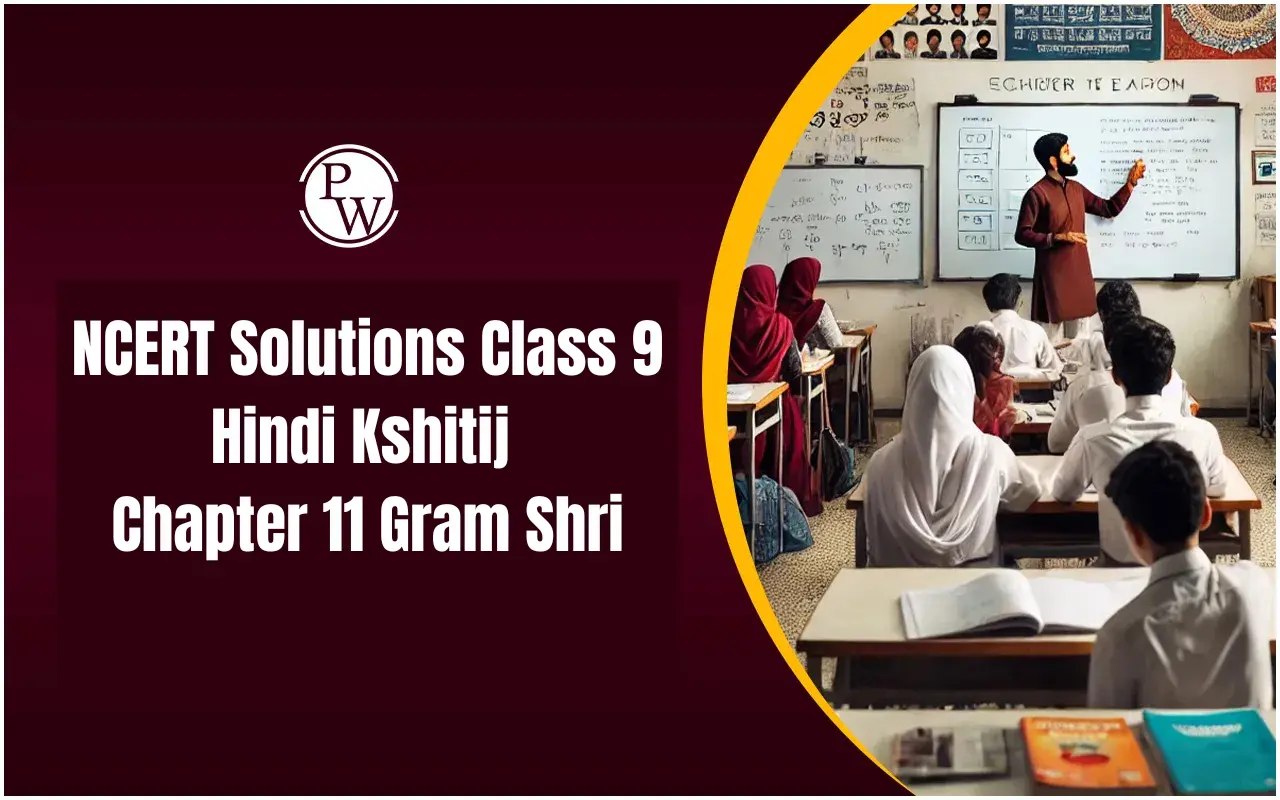
Non Conventional Sources Of Energy
Mineral And Resources of Class 10
Non Conventional Sources Of Energy
"India is very rich as far as non-conventional sources of energy are concerned."
- Wind energy is used for pumping water, irrigating farms and generating electricity. The states of Gujarat, Tamilnadu, Orrisa and Maharashtra are in better position to produce and use such an energy.
- The gulf of Kuchch and Cambay are suitable for the development of tidal energy.
- Geothermal energy is prouuced from hot springs in Himachal Pradesh. It is used for running cold storage plaints.
- Every effort is being made to make use of biomass comprising energy plantation, urban waste, farm waste, human waste etc. to generate power.
- Energy plantations like fast-growing shrubs and trees with high calorific value are being grown on waste and denuded lands.
- Urban or municipal wastes and sewages in cities are also used for generating gas and electricity.
- Electricity can also be oroduced from farm wastes like rice husk and bagasse (sugarcane waste).
- Animal and poultry wastes -and human excreta etc. have also been used in `bio-gas' plants to provide power in rural areas for different purposes.
- The sun provides abundant and inexhaustible amount of energy. It has a huge potential and is a universal source of energy.
SOLAR ENERGY:
Photovoltaic technology converts sunlight directly into electricity. Solar energy is fast becoming popular in rural and remote areas. The largest solar plant of India is located at Madhapur, near Bhuj, where solar energy is used to sterilise milk cans. It is expected that use of solar energy will be able to minimise the dependence of rural households on firewood and dung cakes, which in turn will contribute to environmental conservation and adequate supply of manure in agriculture.
WIND POWER:
- India now ranks as a “winds super power” in the world. ➢ India has a very long coast line so there is huge potential to develop wind energy.
- The largest wind farm cluster is located in Tamil Nadu from Nagarcoil to Madurai.
- Andhara Pradesh, Karnataka, Gujarat, Kerala, Maharashtra and Lakshadweep have important wind farms.
BIOGAS:
- Energy derived from shrubs, farm wastes, animal and human wastes.
- Has higher thermal efficiency in comparison to Kerosene, Dung cake and Charcoal.
- Energy produced can be used for cooking and lighting and the residual can be used as manure. "Solar Energy in Rajasthan and Biogas in the plains and hills of North India have greater potential as non-conventional source of energy."
Solar Energy has a greater potential as:
- Rajasthan is a hot and dry region.
- It has clear skies for a considerable part of the year.
- Abundant insolation.
- Cheaper installation, easier management.
- Renewable, pollution free and residue-free source of energy.
Biogas has a greater potential in plains as:
- Dense vegetation.
- Large number of cattle and livestock.
- High density of population, and hence huge decay and human waste material.

TIDAL ENERGY:
Oceanic tides can be used to generate electricity. Floodgate dams are built across inlets. During high tide water flows into the inlet and gets trapped when the gate is closed. After the tide falls outside the flood gate, the water retained by the floodgate flows back to the sea via a pipe that carries it through a power-generating turbine.

In India, the Gulf of Kuchchh, provides ideal conditions for utilising tidal energy. A 900 mw tidal energy power plant is set up here by the National Hydropower Corporation.
GEO THERMAL ENERGY:
Geothermal energy refers to the heat and electricity produced by using the heat from the interior of the Earth. Geothermal energy exists because, the Earth grows progressively hotter with increasing depth. Where the geothermal gradient is high, high temperatures are found at shallow depths. Groundwater in such areas absorbs heat from the rocks and becomes hot. It is so hot that when it rises to the earth’s surface, it turns into steam. This steam is used to drive turbines and generate electricity.

There are several hundred hot springs in India, which could be used to generate electricity.
Two experimental projects have been set up in India to harness geothermal energy. One is located in the Parvati valley near Manikarn in Himachal Pradesh and the other is located in the Puga Valley, Ladakh.
CONSERVATION OF ENERGY RESOURCES:
- The wheel of an economy is being driven by the use of energy resource.
- Some of the sources of energy production are limited and exhaustible but consumption of energy in all forms has been steadily rising all over the country.
- Every sector of the economy whether industry, agriculture, transport system, domestic use or commercial use in the malls and call centres needs a heavy inputs of energy.
- In this background, there is an urgent need to develop a sustainable path of energy development.
- Promotion of energy conservation and increased use of renewable energy sources are the twin planks of sustainable energy.
- India is presently one of the least energy efficient countries in the world.
- We have to adopt a cautious approach for the judicious use of our limited energy resources.
- We can do our bit by using public transport systems instead of individual vehicles; switching off electricity when not in use.
- Using power-saving devices and using non-conventional sources, of energy. After all, “energy saved is energy produced”.









